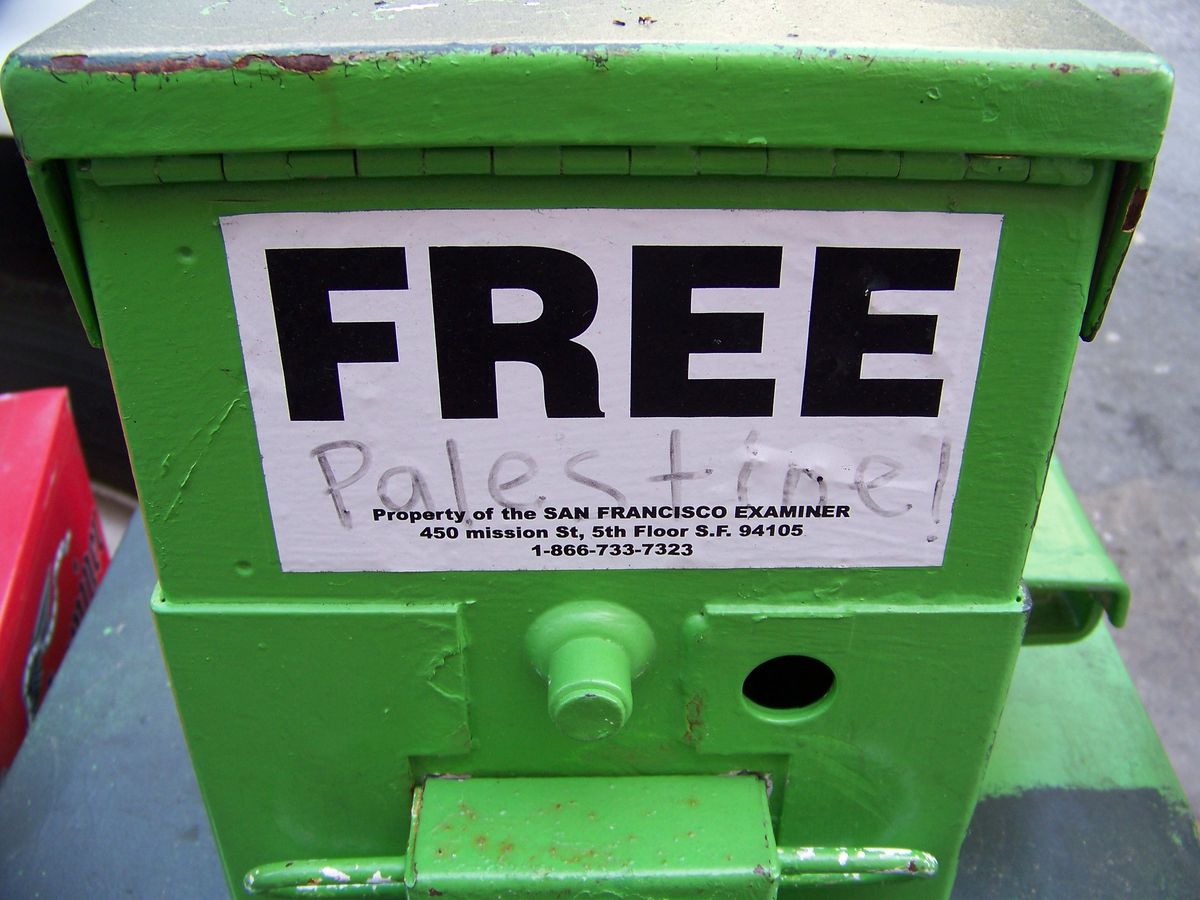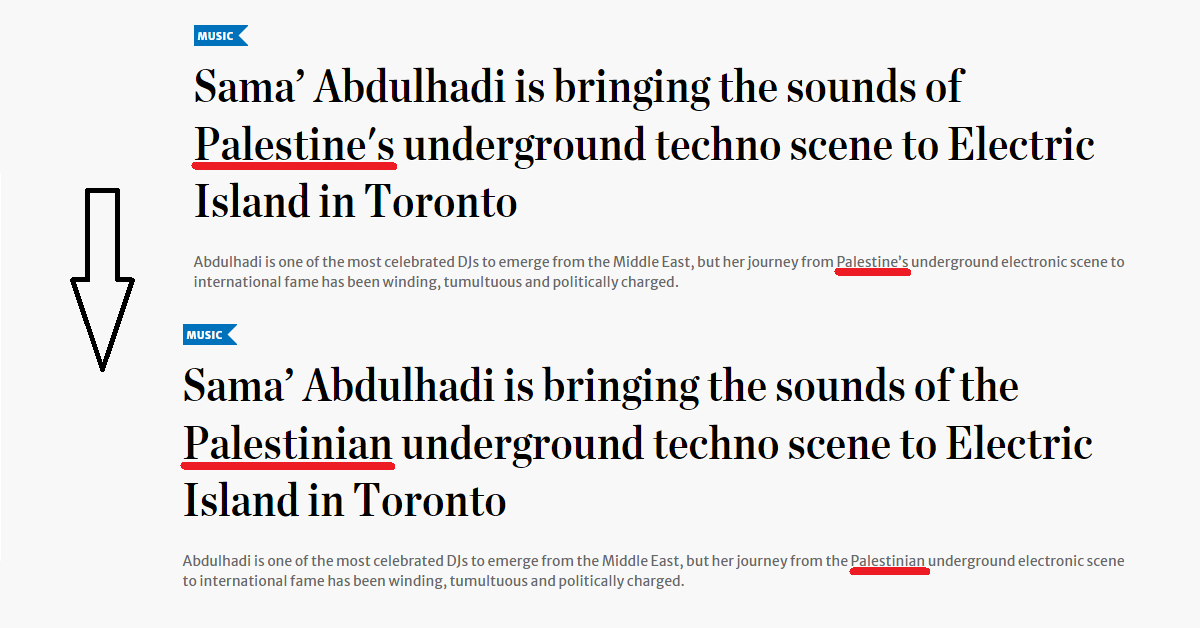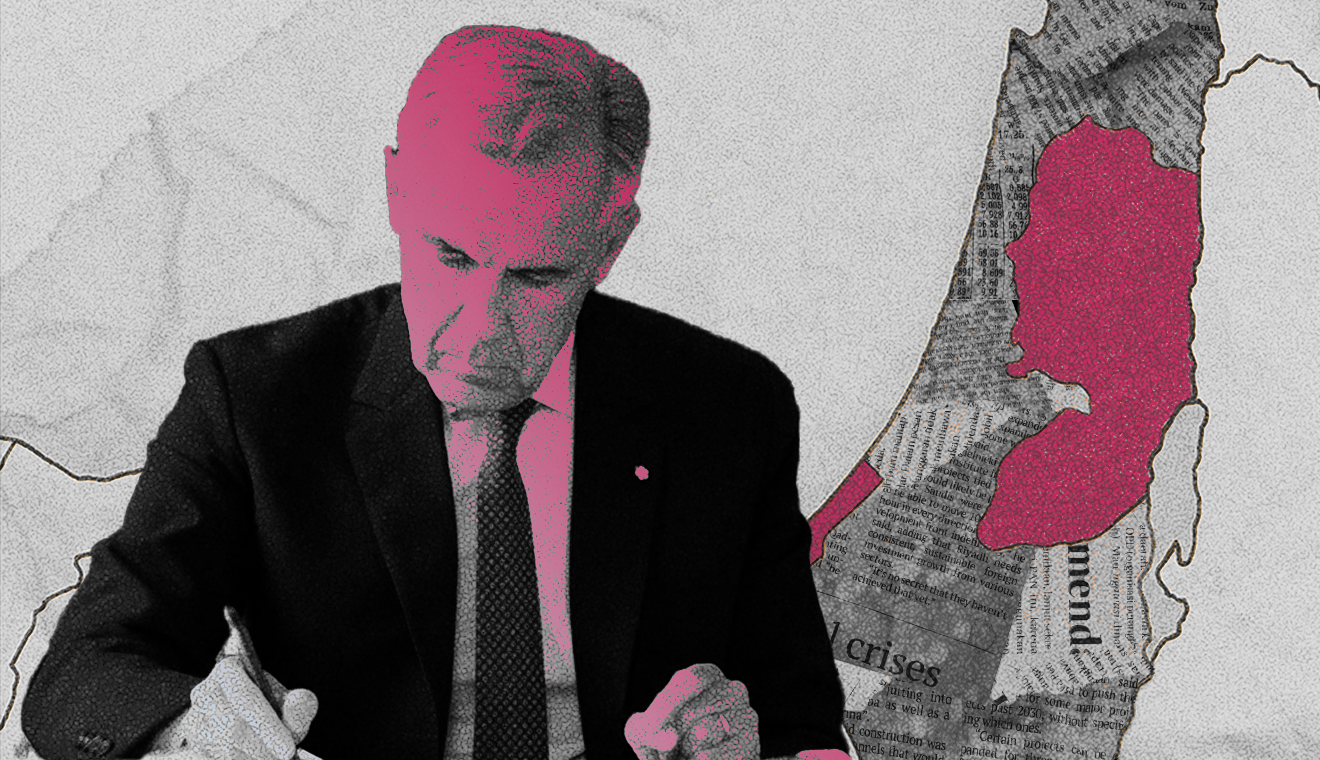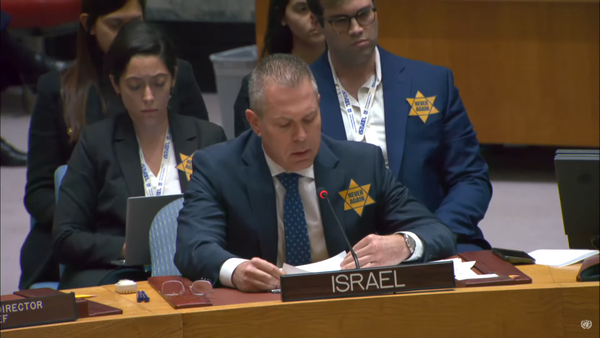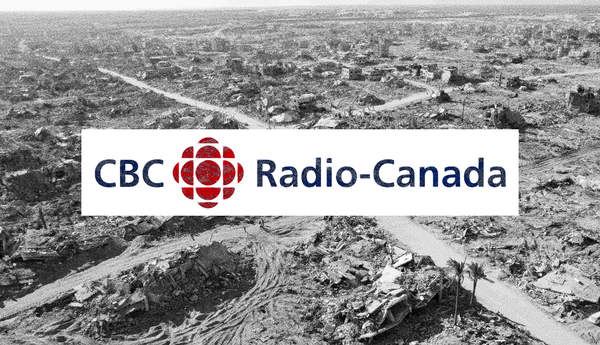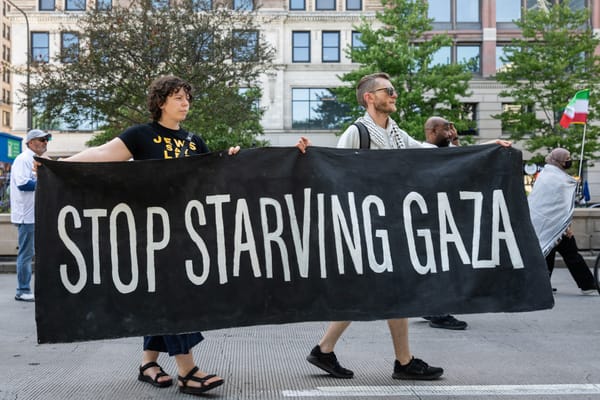On September 21, Canada formally recognized the State of Palestine, joining more than 145 other United Nations members (about 78 per cent) that have done so.
In the past, mainstream Canadian media outlets formally refused to use the word Palestine when reporting on the State of Palestine and its various components, instead using terms such as “Palestinian territories” or referring to the West Bank, Gaza, or East Jerusalem.
Most Canadian newsrooms have historically followed The Canadian Press (CP) Style Book on such matters.
The most-recent edition of the book, published in 2021, doesn’t contain an entry dealing with the question of how to refer to Palestine, though it does omit any mention of Palestine in sections listing all countries and regions in the world as well as a description of the Middle East.
In February 2022 I reached out to CP to ask about their policy, and they told me they follow the Associated Press (AP) guideline, which at the time was, “Use Palestine and Palestinians in the context of Palestine’s activities in international bodies to which it has been admitted and the actions of the Palestinian Authority: the Palestinian flag, Palestinian prime minister. Do not use Palestine or state of Palestine in other situations, since it is not a fully independent, unified state. For territory, refer specifically to the West Bank or Gaza, or the Palestinian territories in reference to both.”
(The newest guideline, contained in the most-recent AP Stylebook edition, is, “Use Palestine only in the context of Palestine’s activities in international bodies to which it has been admitted. Do not use Palestine or the state of Palestine in other situations, since it is not a fully independent, unified state. For territory, refer specifically to the West Bank or Gaza, or the Palestinian territories in reference to both.”)
CP told me it was “likely” that they’d include an entry for Palestine in a future version of Style Book.
The most-recent edition of CP’s Caps and Spelling guide, released in September 2022, does contain an entry on the issue, which states: “Palestine, Palestinian — Acceptable in reference to the Palestinian Authority, as well as activities involving international organizations to which Palestine has been admitted. Otherwise, prefer specific reference to the West Bank and Gaza or the Palestinian territories.”
The editorial approach to use of the word “Palestine,” as well as many other issues, in most Canadian newsrooms is downstream of CP’s guidance, though few entries in these internal style guides are public (with some exceptions due to reporting from journalists).
I reached out to CP following Canada’s recognition of the State of Palestine to ask if it will change their practice in any way.
On September 23, they replied to my email, stating, “We have updated today our entry on Palestine in The Canadian Press Caps and Spelling to take into account Canada’s announcement this week.”
They told me this is the new entry: “Palestine—Canada has joined more than 145 other countries that recognize Palestine as a state. However it is not a fully independent, unified state. At the United Nations, Palestine is a ‘non-member observer state,’ giving it the right to participate in debates but not to vote. Palestine and the Palestinian state are acceptable for use in the context of the discussion around international recognition, as well as activities involving international organizations to which Palestine has been admitted, such as the Olympics. Otherwise, refer specifically to the West Bank and Gaza, or the Palestinian territories to include both.”
This update adds a mention of Canada’s recognition of Palestine, as well as a reference to the State of Palestine’s status at the UN. It also adds that “Palestine” is now fine to use “in the context of the discussion around international recognition.” The rest of the entry, however, is nearly identical to the prior one.
I asked CP why they only decided to introduce Palestine’s status at the UN in this update given it hasn’t changed since the last one, where it wasn’t mentioned. They replied: “Because the new entry specifically addresses recognition of the Palestinian state, whereas the previous one did not, it was considered necessary for context.”
In fact, almost any discussion around how to refer to “Palestine” stems from the question of its recognition as a state, including the past definition. As such, it remains unclear why the UN status was introduced for this entry alone.
The public introduction of this requirement seems to mean CP will only begin referring to the State of Palestine if a successful Security Council vote to grant it full member status occurs. This is unlikely to happen given that in 2024 the United States used its veto power to prevent it from doing so, with nothing indicating the U.S. will change course in the future.
As it stands, then, the status quo appears to mostly live on at CP. This decision also grants publications throughout the country the opportunity to invoke the same reasoning and refuse to use “Palestine” in a broader range of circumstances than it previously had.
It is unclear at this point whether or not that will happen.
I asked CBC if Canada’s recognition of the State of Palestine will change their approach. Yesterday, they replied, “CBC News has not made any immediate change to our language guidance but we are actively reviewing it in light of these new and significant developments.”
Various other publications (CTV, Global News, The Globe and Mail, the National Post, the Toronto Star, and the Toronto Sun) did not respond to my comment requests before the deadline. I will update this article should I hear from them in the future or come across any announcements of a policy change.
